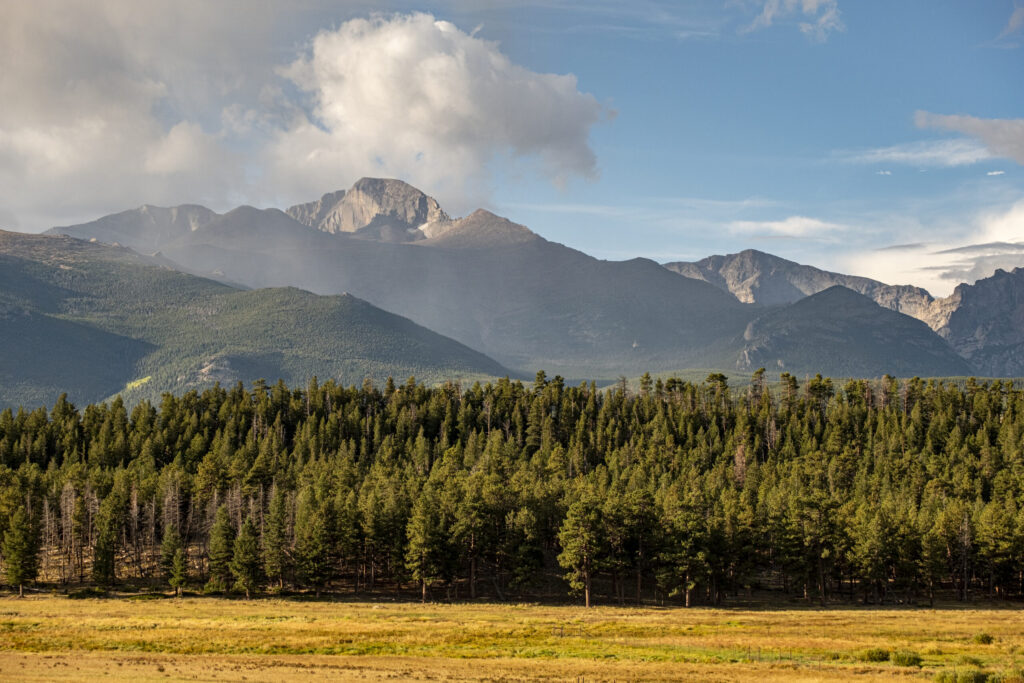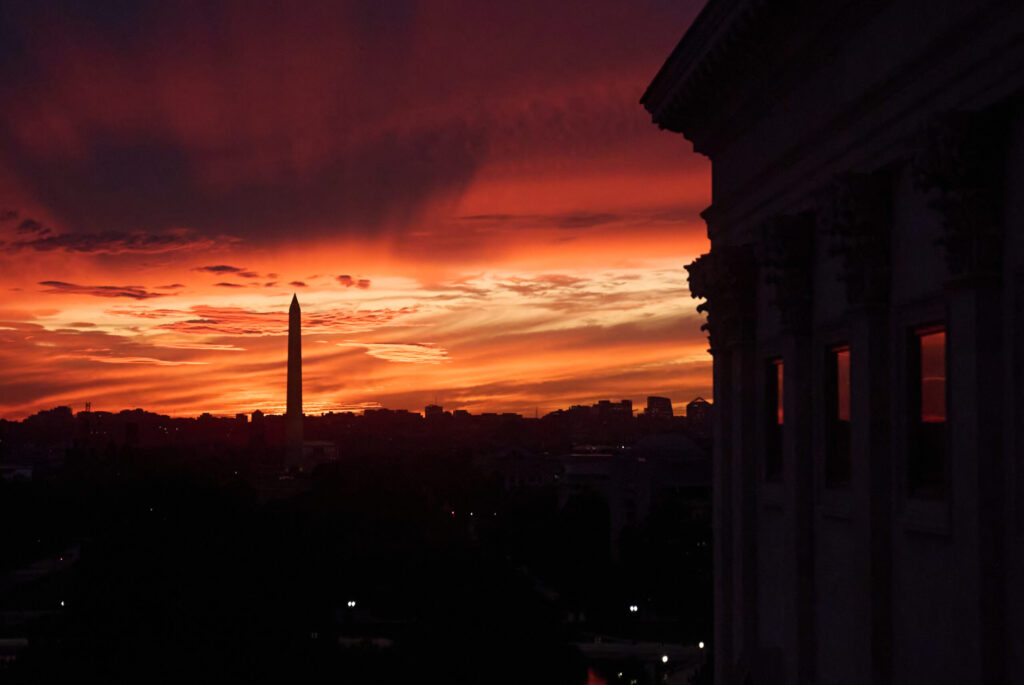Colorado Springs starts expanding rules to allow more accessory dwelling units
Colorado Springs is taking steps to follow state direction to allow smaller, secondary housing in a much wider swath of the city’s neighborhoods.
Colorado lawmakers passed a bill in the spring that eliminated some of the restrictions in Colorado’s biggest cities against accessory dwelling units. The ADUs are living areas that can be built as free-standing detached units on the same plot as an existing home or as additions to homes to house more people.
Colorado Springs’ current rules for ADUs were adopted in June 2020, allowing them in some residential zones with limits on their design and use. Single-family homes could add “family suites” that connected to the home if the people living there were part of the same family as the main house.
Planning supervisor Dan Sexton said the current rules were “light years ahead” of the city’s restrictions for the units before 2020 and the new permissions were set to be another jump that expands housing options.
Colorado lawmakers begin to tackle major housing bills, including occupancy limitations
“That is an evolution for creating more of a permissive environment because we as a community have identified that housing is a critical issue. Housing of any type really helps to address that,” Sexton said.
The first public input meeting for the city’s rules will be Nov. 20 at 5:30 p.m. at the National Cybersecurity Center on Nevada Avenue. Colorado Springs staff will keep working to update the city ordinances before the state laws take effect in June 2025.
The new state law requires that the units be allowed in any area that also allows single-family homes. Cities like Colorado Springs will have to drop the requirements that new units build off-street parking and cannot overly limit the design or approval process for the units.
Homeowners associations and other groups cannot enforce rules that are more restrictive than what the city ultimately enacts.
Public feedback is being sought for the design aspects where the city has more flexibility in setting restrictions. One of those is the size range available for the additions, where the city could set reasonable limits on the square footage of the additions or the number of bedrooms allowed per unit.
Colorado Gov. Jared Polis signs major housing bills, pushing high-density development
A new restriction Colorado Springs is considering would stop the units from being used as short-term rentals, which Walker said was part of a bigger push the city is beginning to revisit its rental policies.
Another change in the state law makes the unit approvals a city staff decision that can’t be required to go through public hearings where they can be opposed by neighbors. Sexton said it was rare under the current system for any unit to be appealed or opposed but said that could become a wider issue once the units entered new neighborhoods.
“You always want to create an opportunity for redress by an aggrieved party and under the state stipulations, it kind of short circuits that,” Sexton said.
The city did not have numbers for how many units had been approved by the building department so far in 2024. Planning director Kevin Walker expected the units would still be uncommon under the new rules, in part because of the cost to design and build a separate housing unit onto the lots.
“This is not the answer, but it is an answer. We don’t expect this to create a flood of ADUs, but it will make it a little easier for those that want to build one,” Walker said.











